This collection of calotypes is from an important album of Hill and Adamson's work, which was purchased at Sotheby's London in 1997. Many of these images are on their original mounts.
The partnership of David Octavius Hill (1802-1870) and Robert Adamson (1821-1848) is one of the most significant and intriguing in the history of photography. The art of photography was announced to the public in 1839. Just four years later, in 1843, Robert Adamson established his studio in Rock House, on Calton Hill in Edinburgh. It was to be the site of some of the most sophisticated photography ever created.
The partnership was born in extraordinary circumstances. Almost simultaneously with Adamson opening his pioneering studio, the Church of Scotland was meeting in Edinburgh. In May of 1843, four hundred ministers - a third of the entire church - signed a Deed of Demission, resigning their livings and establishing the Free Church of Scotland. It was a true act of courage, rooted in deeply held convictions, for these men were not only surrendering their career, but also condemning their families to ostracism from the communities in which they lived.
In their photography, Hill and Adamson produced calotype negatives. These were made on sheets of writing paper treated with light sensitive chemicals. Exposure times could run into several minutes in sunlight. The cameras were necessarily bulky as enlarging was not possible. The negative, which had to be the size of the final print, was printed by contact in full sunlight on a hand coated salt paper. Each negative and print had its own character. The prints were typically purple to reddish brown in tone, emphasizing broad masses of detail. They were frequently compared by contemporaries to the work of Rembrandt.
Incredibly, Hill & Adamson produced an estimated 3000 images in the less than four productive years of their partnership. Hill's painting of the Disruption - the original stimulus for their photography - was not completed until 1867. It is deservedly forgotten today, overshadowed by a body of photographic work from the earliest days of photography that in many ways have had no equal since.
Exhibited and Sold By
Charles Schwartz Ltd.
Call for an Appointment


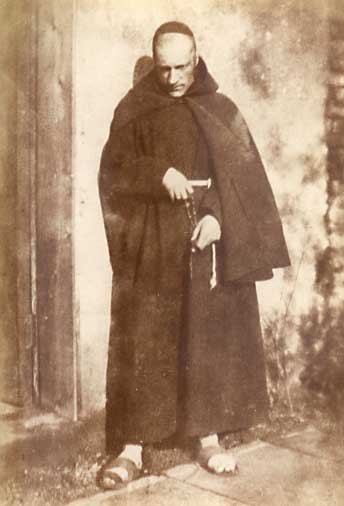
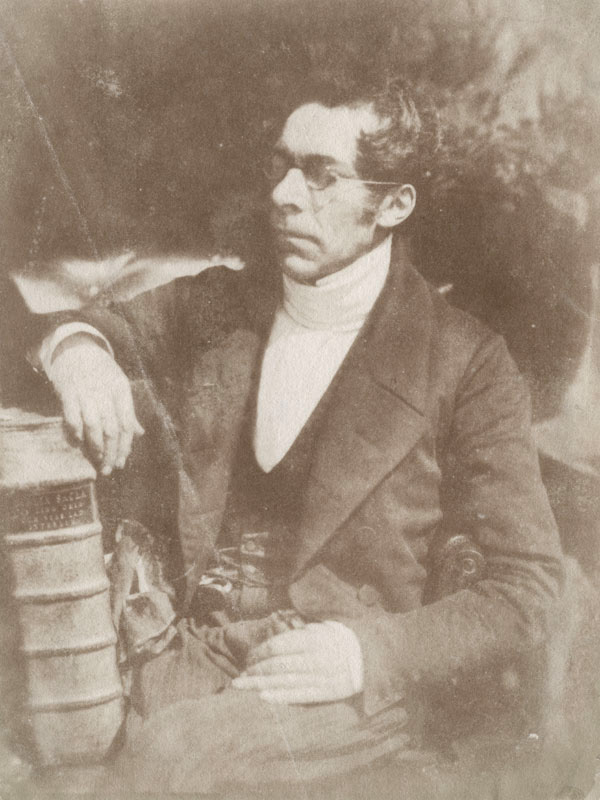

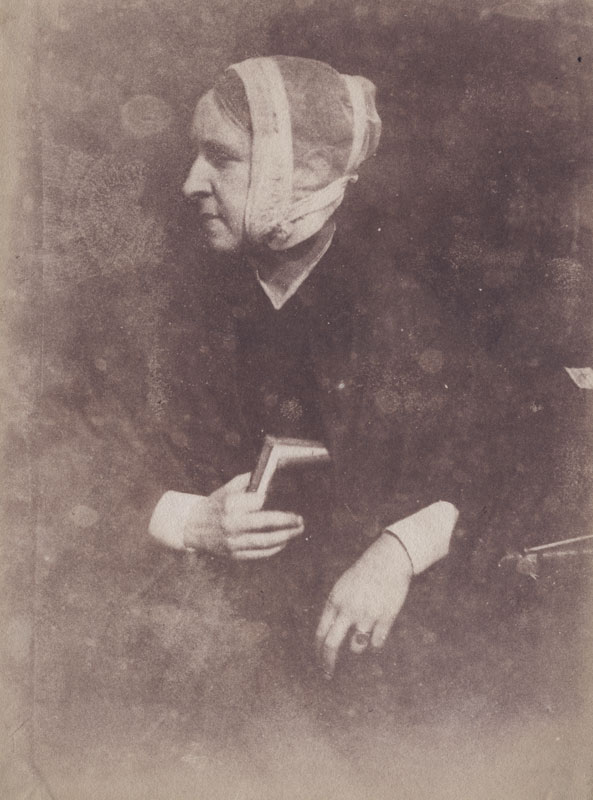
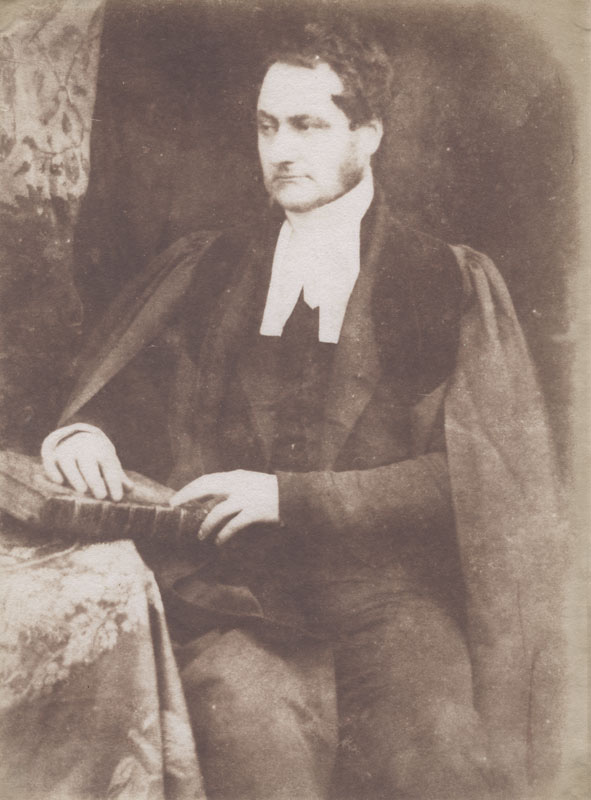
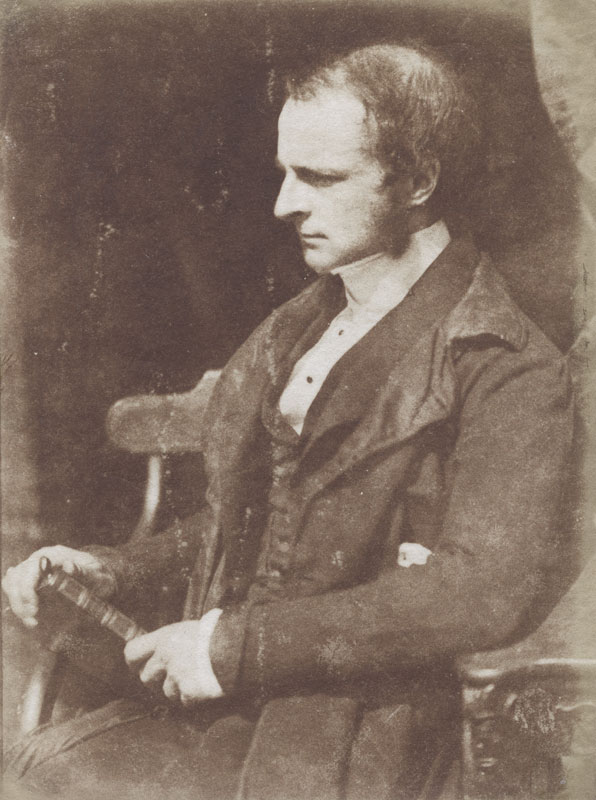
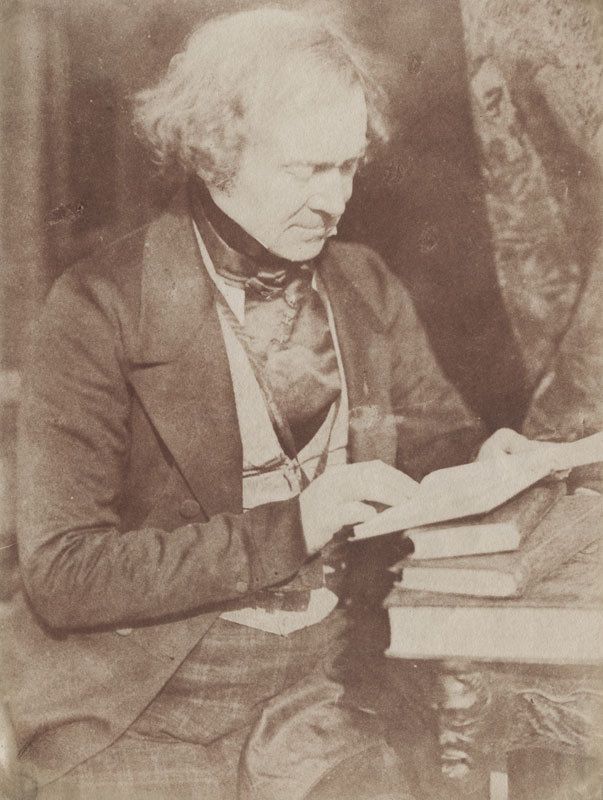
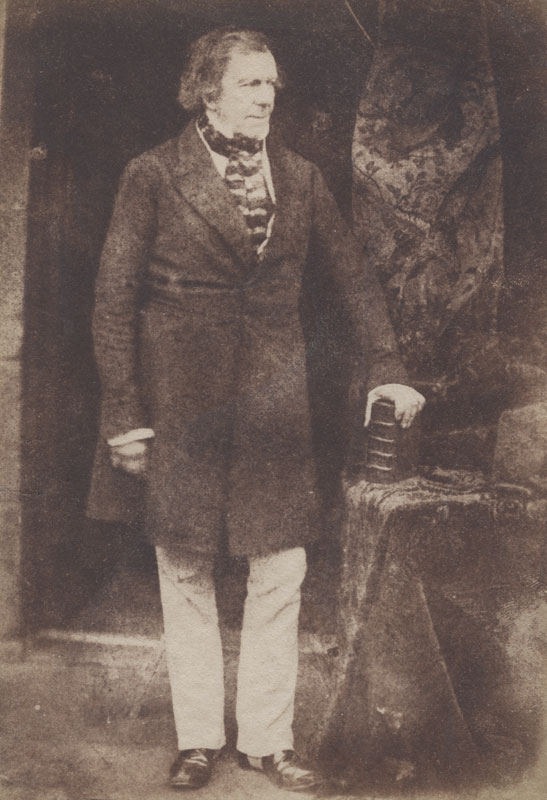
Share This